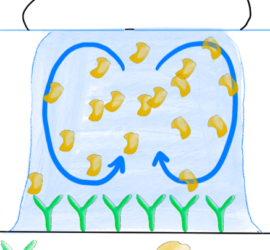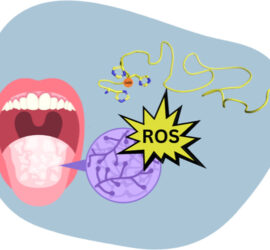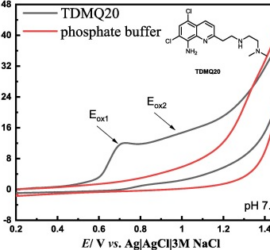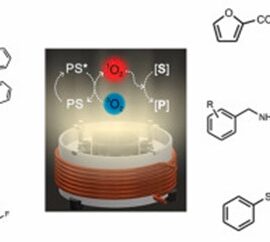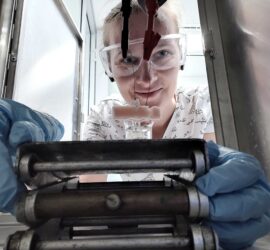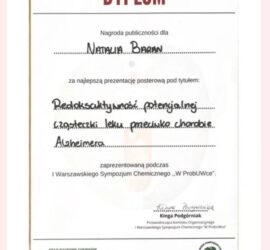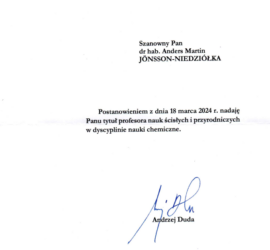In the latest round of announcements from NCN we were delighted that Martin’s Opus application for creating new biosensors based on peptides was selected for financing. This project was written and will be executed in collaboration with Dr Katarzyna Szot-Karpińska from our neighbours in the Surface Nanoengineering Group. The scientific […]
Yearly archives: 2024
Peptides is Magda’s favourite topic. So far, she has mainly focused on beta-amyloids. However, in cooperation established with the University of Wroclaw she has had the opportunity to study a new group of peptides. In our new article published with Joanna Wątły’s group this is motivated by “[t]he necessity to […]
Collaboration is extremely important to us. Gaining new knowledge, both practical and theoretical, is also extremely important. For this reason, Magda went on a 6-month internship to Professor Alvaro Colina’s group in Burgos, Spain. The cooperation turned out to be very successful because shortly after her return our first article […]
Magda once again cooperated with the Warsaw University of Technology (prof. Tomasz Kliś). As part of this cooperation, a new article entitled was published in Dyes and Pigments. The group from WUT obtained 5 boron-containing dyes. These substances were tested as photosensitizers for singlet oxygen activation. Among the studied compounds, […]
During the summer, our institute published a press note about our recent publication in ACS Sensors about a smartphone-based sensor for CRP. The press note is written by the fantastic scientist and science populariser Dr Magdalena Osiał, with photos by Grzegorz Krzyżewski. Unfortunately, Meen could not be included in the […]
Bren recently published, along with fellow younger chemists, an Angewandte Chemie Viewpoint Article entitled: “Towards a Sustainable Future: Challenges and Opportunities for Early-Career Chemists”. This collaboration was a result of his active involvement with the International Younger Chemist Network (IYCN), where he also serves as a board member. The article […]
In a follow-up from our previous paper on point-of-care sensors for C-reactive protein (CRP), an article based on the same principle was just published in ACS Sensors. There are two main differences: instead of a peptide as recognition element, we used a nanobody, and we used a new smartphone-based potentionstat. […]
Julia is nearing the end of her 2.5-month internship at Curtin University in Perth. She joined the research group of Professor Damien Arrigan to expand her knowledge of ion transfer measurements between two immiscible liquids (ITIES). At the beginning of March she and Martin travelled to Perth to plan for […]
The conference season has already started. Our long-time student intern Natalia participated in the “I Warszawskie Sympozjum Chemiczne ‘W probUWce’” at the Faculty of Physics of the University of Warsaw. This is a conference organised by the student science club ProbUWka. Natalia won the audience award for her poster entitled […]
In March this year the president of Poland finally signed Martin’s application for a full professorship. The application was submitted to Rada Doskonałości Naukowej (the Council for Scientific Excellence) at the end of April 2023 (just before the rules, and forms, changed on May 1st). After getting five positive reviews, […]

